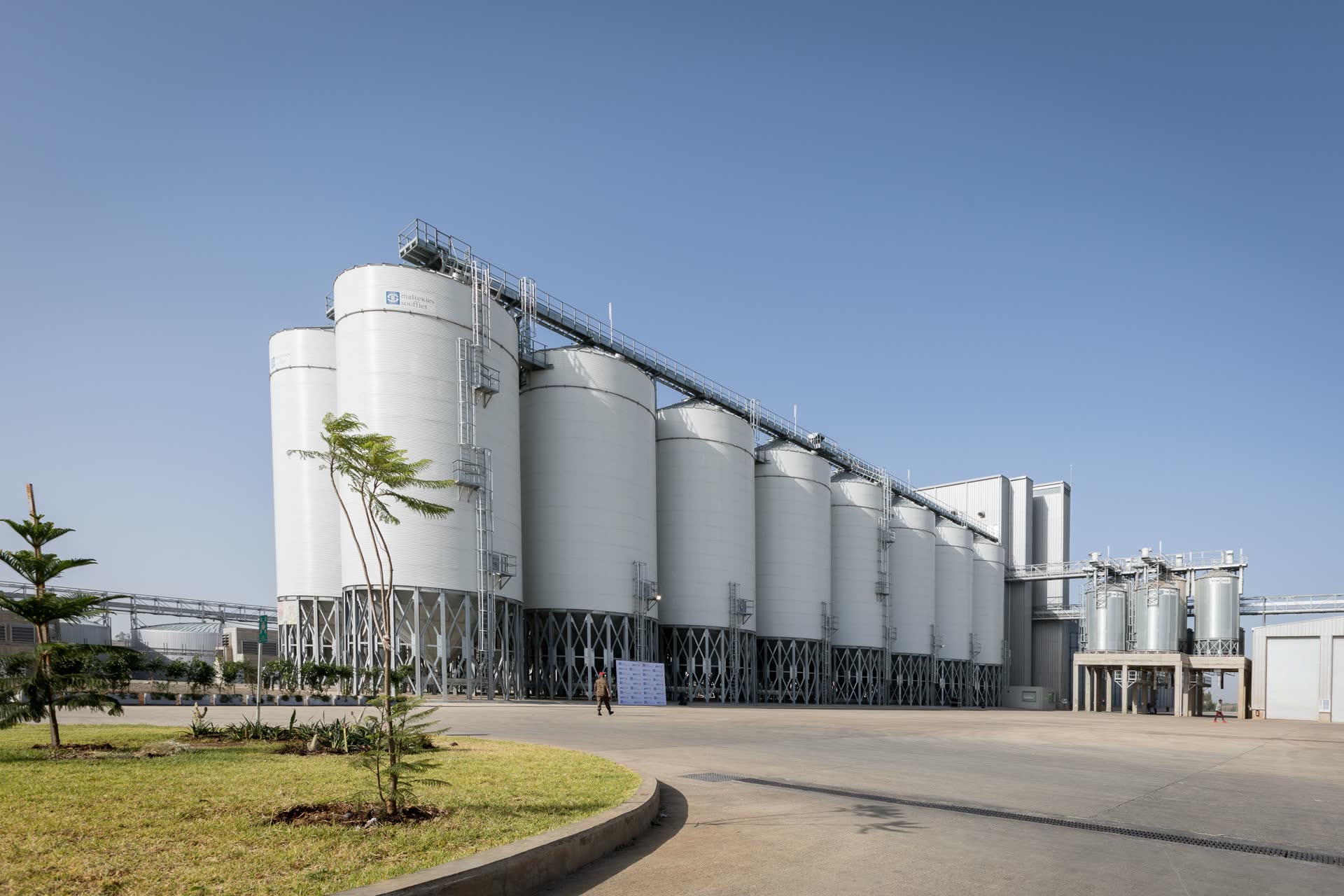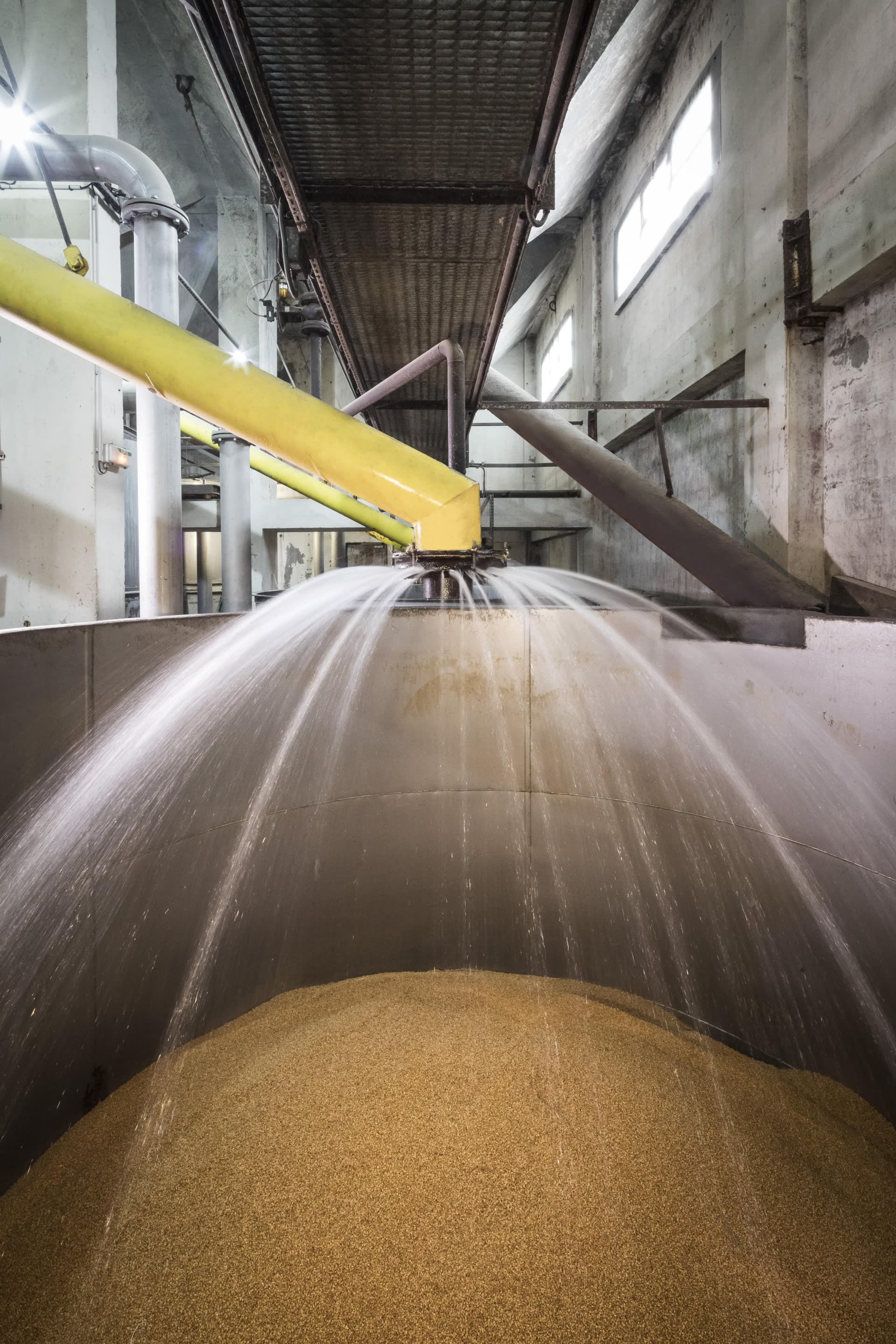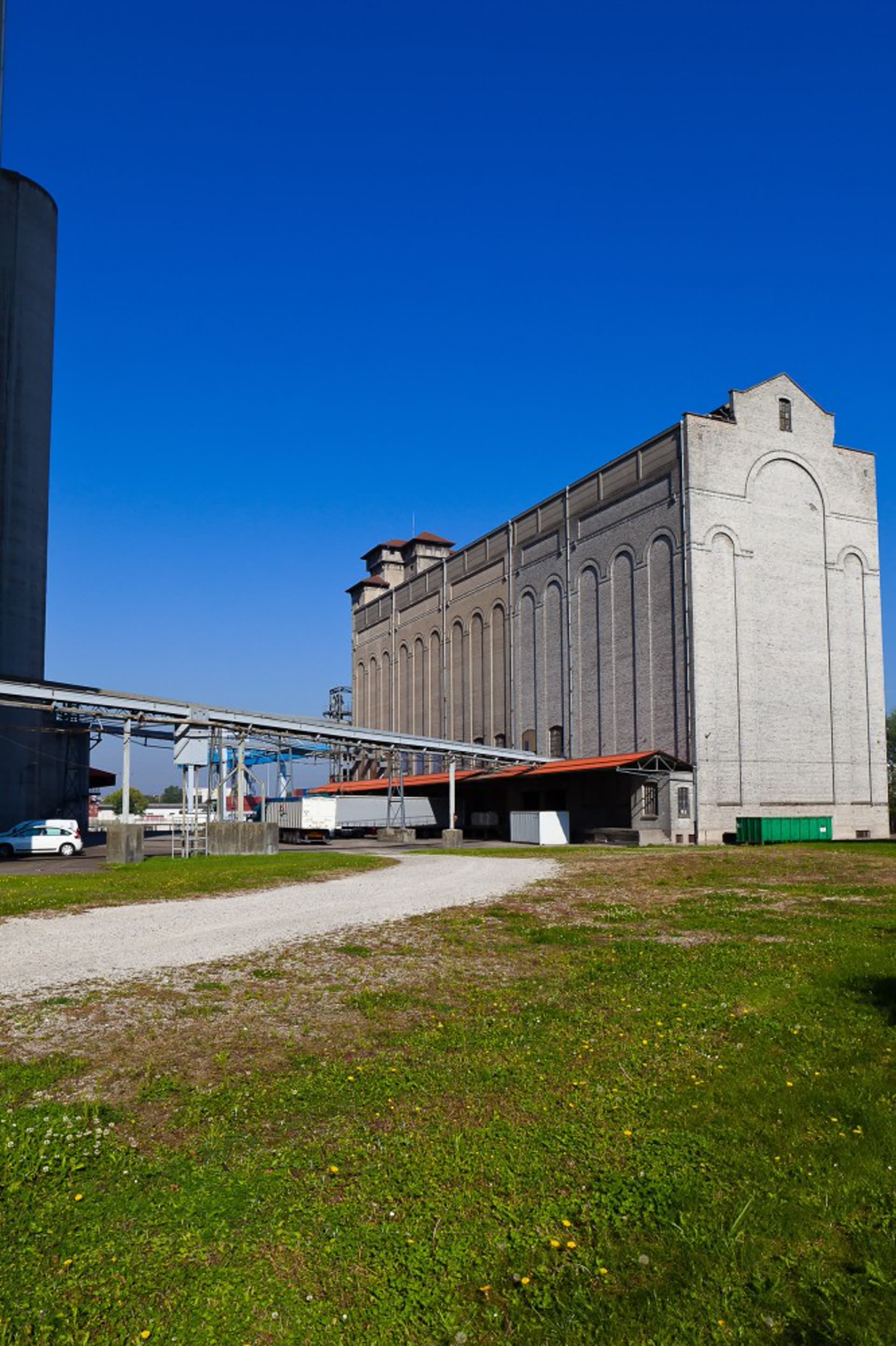Malteries Soufflet Ethiopia, a production site that runs on green energy
Our first 100% green energy malting plant
Reducing carbon emissions is a core issue for society. Consumers are increasingly turning to sustainable products, especially when purchasing everyday consumer goods. From the farmer to the brewer to the maltster, every party involved has a key role to play in the sector’s continuous improvement. To reduce its environmental impact and its carbon footprint in particular, Malteries Soufflet has developed the first barley-to-malt processing site in Ethiopia running exclusively on green energy.
An all-green electricity malting plant in Ethiopia
Ethiopia is the largest producer of barley for food and brewing in Africa and its beer market is steadily growing. With the objective of developing its activities outside Europe, Malteries Soufflet has set up operations in Ethiopia. We are already present in 16 countries, but this is a first for us, as a French maltster, on the African continent. The Ethiopian production site is the group’s 28th malting plant and was commissioned in 2021. It relies on a local supply chain for malting barley. The malt is then sold directly to local brewers, which significantly reduces the need to import raw materials and transport goods. An array of solutions were studied to ensure the site’s energy supply. The first challenge was minimising our environmental impact as far as possible. The second was to find a solution that would secure our continuous need for electricity to run the equipment and produce heat for the whole site. We finally opted for electricity generated by hydroelectric dams.
“Malteries Soufflet has set itself the goal of reducing its carbon footprint by 50% by 2030,” says Guillaume Couture, CEO of Malteries Soufflet.
A green transition for all malting plants
By 2030, we aim to reduce our carbon emissions by 50% and, as part of the SBTi (Science-Based Targets initiative) , to achieve zero net emissions across the value chain by 2050. A lot of research has been done to help us achieve this goal. The levers identified include the construction of ever more virtuous malting plants and the roll-out of ambitious action plans to reduce emissions from existing production sites.
In-house, we have an accomplished technical department working continuously on these issues. In addition to the many projects aimed at increasing the share of green energy in our energy mix, there are also technicians present at each site to continuously improve processes. Our malting plant in Ethiopia, our first “all-green power” malting plant, is now considered as ahead of its time.




